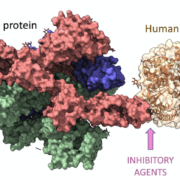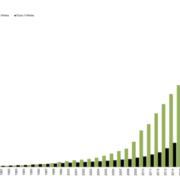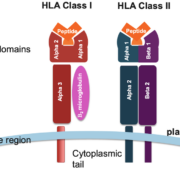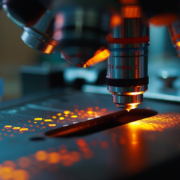Collecting and Shipping PBMC and Cell Pellet Samples for HLA Typing
Peripheral blood mononuclear cells (PBMCs) and cell pellets are common sources of DNA for human leukocyte antigen (HLA) typing in immune-related disease research. However, collecting these samples from donors can pose challenges that researchers should be aware of to ensure that the samples are of high quality and produce reliable and valuable data. Additionally, researchers may need to ship these samples to another laboratory for processing and analysis, and there are considerations that need to be taken into account for shipping.
Challenges of Sample Preparation
Sample Quality
The quality of the PBMC and cell pellet samples can vary depending on several factors, including the donor’s health status, the timing of the sample collection, and the methods used to collect and store the samples. Researchers must take care to ensure that the samples are collected and stored in a manner that preserves their integrity and prevents degradation.
Sample Quantity
Researchers must collect enough PBMCs or cell pellets to perform HLA typing and other downstream analyses. However, the quantity of DNA obtained from these samples can vary depending on several factors, including the donor’s health status, the timing of the sample collection, and the methods used to collect and store the samples.
How to Ship PBMC Samples
Proper Packaging
Researchers must ensure that the samples are properly packaged to prevent any damage or contamination during shipping. This includes using appropriate packaging materials, such as dry ice, to keep the samples at the correct temperature and prevent degradation of the DNA.
Shipping Regulations
Researchers must be aware of the regulations surrounding the shipment of biological samples, as there may be specific requirements for shipping PBMCs or cell pellets. These regulations may include requirements for labeling, documentation, and customs clearance.
Shipping Time
Researchers must take into account the time it takes for the samples to arrive at their destination, as prolonged shipping times can lead to degradation of the DNA. Researchers may need to use expedited shipping methods to ensure that the samples arrive at their destination quickly.
Collecting PBMC and cell pellet samples from donors for HLA typing in immune-related disease research can pose challenges that researchers must be aware of to ensure that the samples produce reliable and valuable data. Additionally, if researchers plan on shipping these samples to another laboratory for processing and analysis, there are additional considerations that need to be taken into account to ensure that the samples arrive at their destination in a high-quality state. By following best practices for sample storage, collection and processing, and shipping, researchers can ensure that their studies produce high-quality data that advances our understanding of immune-related diseases.







 The Sequencing Center
The Sequencing Center

Leave a Reply
Want to join the discussion?Feel free to contribute!